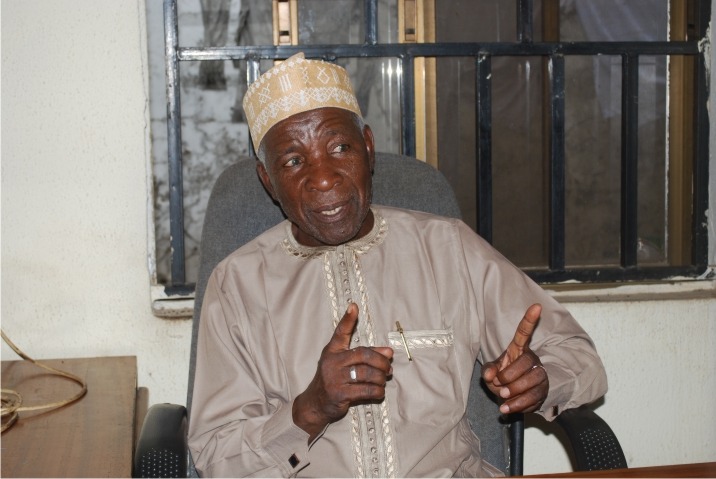Momodou Ceesay
Police in The Gambia have forcibly removed Momodou Ceesay, the country’s auditor-general, from office after he refused to accept a cabinet reshuffle by President Adama Barrow.
Ceesay, who had held the post for nearly three years, was recently named trade minister by Barrow, but he turned down the appointment.
However, the president insisted that the auditor-general had initially agreed to the move before changing his mind.
The BBC reports that the standoff escalated on Monday when plainclothes officers stormed the national audit office in Banjul to arrest Ceesay and install his successor, Cherno Amadou Sowe, director of internal audit.
Advertisement
Ceesay’s staff initially resisted the move in a confrontation that was streamed live by local media. It took reinforcements to eject him from a press conference and escort him to his lawyer’s office.
The incident has drawn sharp criticism from citizens and activists, who accused the president of attempting to undermine the independence of the audit office.
Many argued that Ceesay’s removal was aimed at shielding the government from corruption allegations.
Advertisement
“He refused your appointment. Now you forcibly remove him out of the office. Are the Gambian people not watching?” said activist Kemo Fatty.
“If the auditor general does not return to office today, President Barrow will leave the State House today,” he added.
Fatty and fellow activist Alieu Bah were later arrested while preparing to address a press conference at the audit office.
The removal comes amid protests fuelled by allegations that assets belonging to former President Yahya Jammeh had been redistributed among Barrow’s allies. The president has denied any wrongdoing.
Advertisement
In a statement, the presidency said Ceesay’s appointment as trade minister was “based solely on his qualifications and experience”, insisting it was not intended to interfere with the operations of the national audit office.
The government added that it “remains firmly committed to the rule of law, transparency, accountability, and the responsible management of public finances”.










